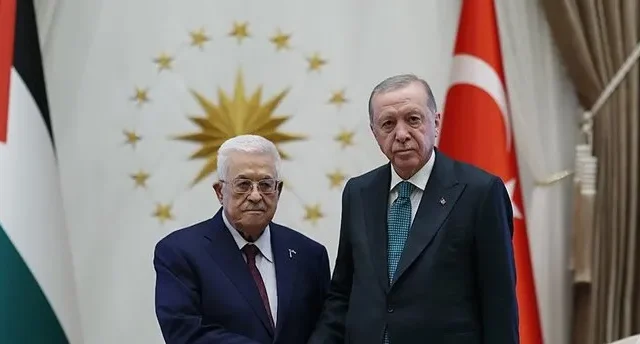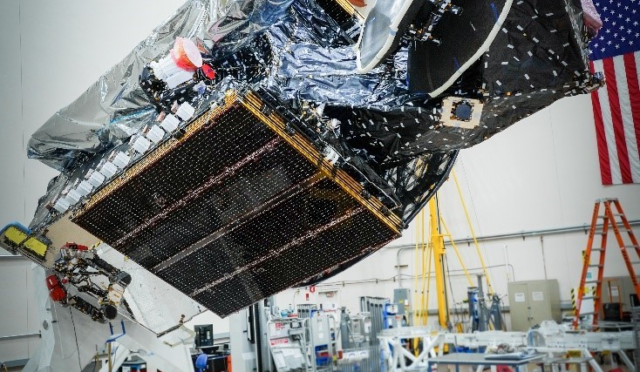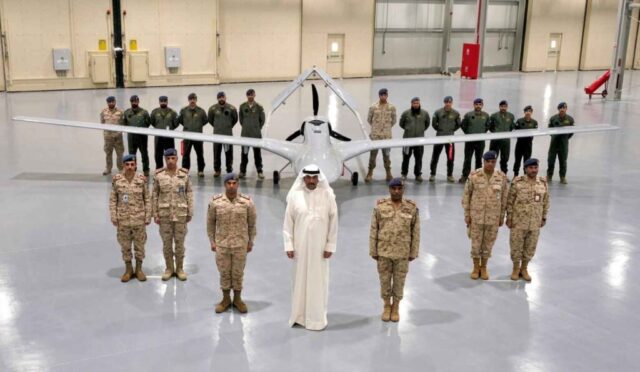A new chapter in relations between Ankara and Tokyo is unfolding with defense cooperation at its core. Analysts say the recent visit of Japanese Defense Minister Gen Nakatani to Turkey signals the beginning of a “win-win” process for both countries, particularly in the field of unmanned aerial systems (UAS) but also beyond.
Nakatani’s trip was the first-ever visit to Turkey by a Japanese defense minister, underscoring its significance. During his meetings with Turkish Defense Minister Yaşar Güler in Ankara, the two sides agreed to establish an institutional dialogue between their defense industries and expand cooperation.
High-level delegation signals intent

According to defense and naval analyst Kozan Selçuk Erkan, the makeup of the Japanese delegation itself was telling.
“When you look at the team, you see it goes beyond exploratory talks. They came not only with the minister but also with senior officials who have a strong say in procurement decisions. This shows that the visit is much more than a simple fact-finding mission,” he said.
Potential acquisitions: from drones to jets

The Japanese delegation visited Turkish Aerospace Industries (TUSAŞ), Istanbul Naval Shipyard Command, and Baykar. Experts highlight several platforms of potential interest.
- Aksungur UAV: With its long-endurance and high-altitude surveillance capabilities, the Aksungur could provide Japan with significant reconnaissance and intelligence advantages—especially valuable given Japan’s island geography.
- Hürjet trainer jet: Japan’s current Kawasaki T-4 trainer jets, in service since the late 1980s, are aging. Erkan notes that Japan has been developing a concept similar to Hürjet with Mitsubishi but may not have the luxury of time. “If urgency prevails, Hürjet could become an attractive option,” he said.
Spotlight on Turkish drones
While naval cooperation and other platforms remain on the table, Turkish drones are viewed as the centerpiece of potential deals. Erkan explained that Japan has long had its eyes on the Bayraktar TB2, but geopolitical circumstances and budget priorities delayed interest in earlier years.
Today, with a budget of nearly $670 million allocated for UAV acquisitions, Japan may revisit the option. The newly developed Bayraktar TB3, capable of operating from short-runway ships, could be of particular interest given Japan’s ongoing conversion of its helicopter carriers into light aircraft carriers. “For these ships, the only UAV capable of takeoff and landing would be the Bayraktar TB3,” Erkan said.
Strategic implications
Beyond procurement, analysts argue that the defense partnership could evolve into a broader strategic relationship. Erkan pointed out that Japan’s expertise in advanced manufacturing could benefit Turkish defense production. “Sometimes, producing a system requires authorization from Japanese manufacturers. With deeper cooperation, Tokyo could open more space for Ankara, paving the way for a high-level partnership long sought by both sides,” he said.
If realized, such cooperation would not only strengthen Japan’s defense capabilities but also expand Turkey’s role as a rising supplier in the global defense industry.







